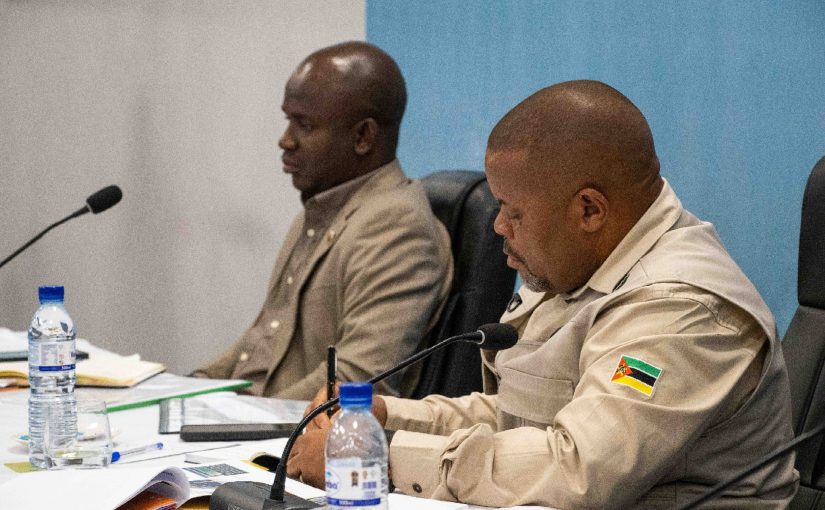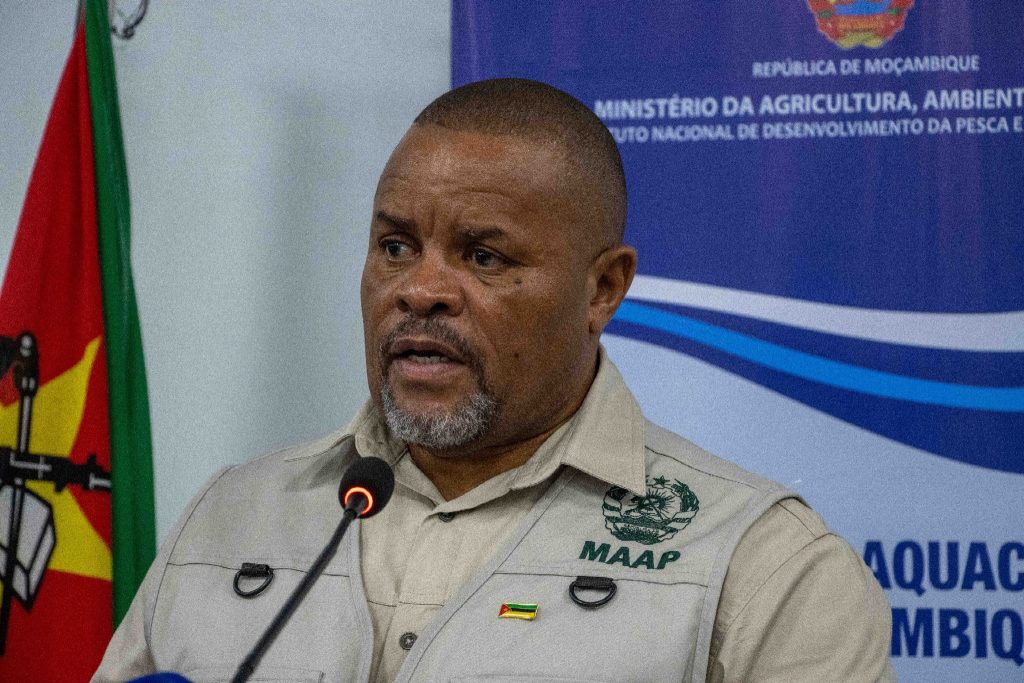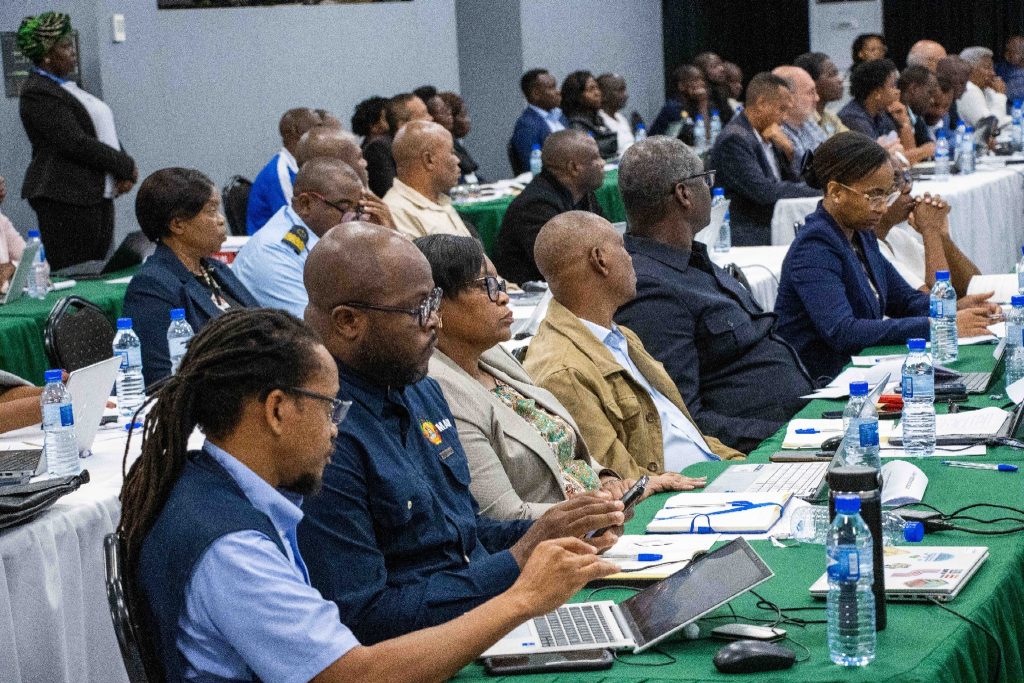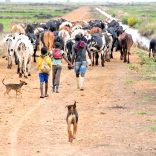Mozambique keeps cashew nut reference price unchanged at 45 meticais
Mozambique: Fish farming should be cheap source of animal protein – minister

Photo: Ministério da Agricultura, Ambiente e Pescas
Mozambique’s minister of agriculture and fisheries, Roberto Albino, said on Thursday that the country’s commitment to aquaculture as the cheapest source of protein, given the reduction in feed costs and the adoption of appropriate production techniques.
“Aquaculture should be the cheapest source of protein for our people. There is no doubt that if we do aquaculture commercially, reducing feed costs and adopting appropriate techniques, we can extract from this activity the animal protein that the country needs,” said the minister at the opening of the national aquaculture meeting in Beira, Sofala province, according to a ministry statement.


According to the minister, there needs to be investment in the entire Mozambican value chain, including the improvement of fishponds, water quality, fry production, the availability of affordable feed, compliance with health standards, management, harvesting and processing, a process that requires reforms capable of promoting the in-depth restructuring of the sub-sector.
“We have a lot of missing parts. We have to go into any agricultural input shop and find what we need there, without having to do any gymnastics,” he said, defending the need to create a national network exclusively dedicated to aquaculture in Mozambique.
Mozambique produces around 4 million tonnes of aquaculture products a year, of which half come from inland waters and the other half from marine waters, a figure that, according to the minister, is still far below the existing potential.
However, concerning farmed shrimp, industrial production reached around 670 tonnes in 2010, before experiencing a sharp decline until 2022, “due to the outbreak of white spot disease, and then standing at 190 tonnes#, the note states.
In addition, freshwater fish, artisanal and small-scale production will grow significantly, from around 260 tonnes in 2010 to nearly 2,700 tonnes in 2022.
For Minister Albino, the Programme to Accelerate Fisheries Production will make a substantial contribution to achieving these national goals of combating hunger and malnutrition by increasing production and productivity, as well as improving the population’s diet.












Leave a Reply
Be the First to Comment!
You must be logged in to post a comment.
You must be logged in to post a comment.